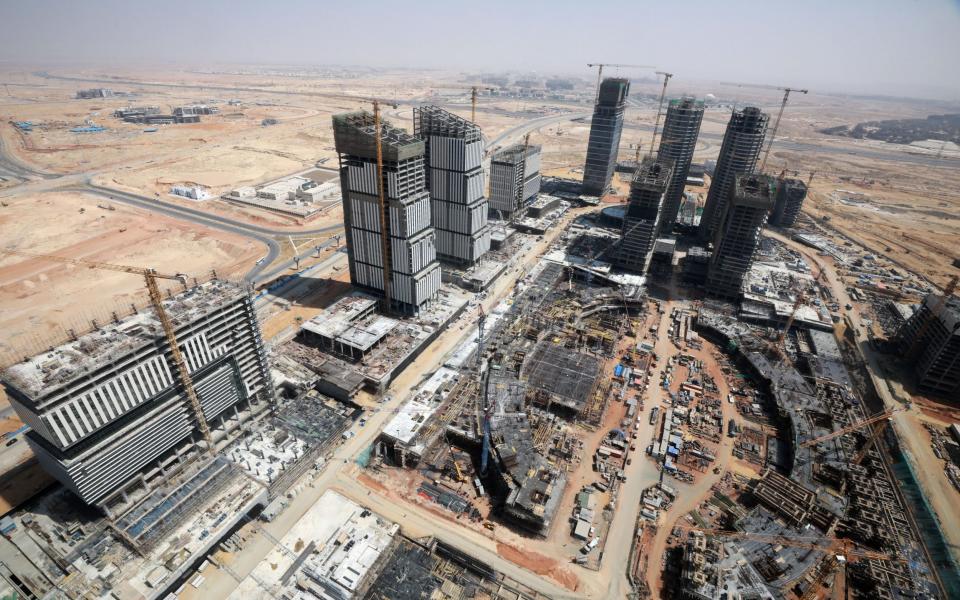Blow for Putin as China abandons investment in Russia

China has not funded any new infrastructure projects in Russia for months as Beijing focuses its attention on preventing a financial crisis at home.
Financing and investment through the Chinese Belt and Road Initiative (BRI) fell to $28.4bn (£23.6bn) over the first half of 2022, down from $29.4bn during the same period last year, according to a study by the Green Finance & Development Center at Shanghai’s Fudan University.
No money went to new projects in Russia, Sri Lanka or Egypt, all of which had previously been key beneficiaries of Chinese spending. The lack of engagement with Russia suggests Chinese businesses may be afraid of falling victim to secondary sanctions introduced against Moscow over the invasion of Ukraine, and comes despite the pair insisting that their friendship had "no limits" shortly before the war began.
BRI was formally adopted in 2013 as part of efforts by Beijing to expand its influence across Asia, Africa, South America and parts of eastern Europe.
Under the scheme, China had pumped nearly a trillion dollars into investment and infrastructure projects in developing regions, in the process creating work for its businesses and often securing footholds in strategically vital countries.
But spending has been decreasing since 2017, as a result of China introducing strengthened capital controls and controversies surrounding several projects which had encountered difficulties.
Investment in coal plants has stalled, taking out one of the last major remaining funding sources for burning the heavily polluting fuel. Researchers said more than half the coal-fired power plants projects funded under the scheme have been mothballed.
The slowdown has accelerated as a result of the pandemic, which led to many countries struggling to repay or defaulting on their BRI debts, including Sri Lanka, where surging inflation has brought down the government. Total spending has fallen 40pc since the first half of 2019.
Beijing pumped nearly $11.8bn into investments and $16.5bn to construction contracts as part of the scheme.
Energy and transport was the biggest focus, representing 73pc of total spending between January and June. Saudi Arabia received $5.5bn in new funds, while Iraq got about $1.5bn.
Overall, Russia has been the second-biggest recipient of energy spending since the BRI launched.
Researchers said foreign investment through the BRI would likely continue to slow further this year due to the war in Ukraine, lockdowns in China and continued global uncertainty over Covid-19.

 Yahoo Finance
Yahoo Finance 